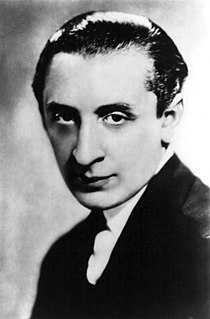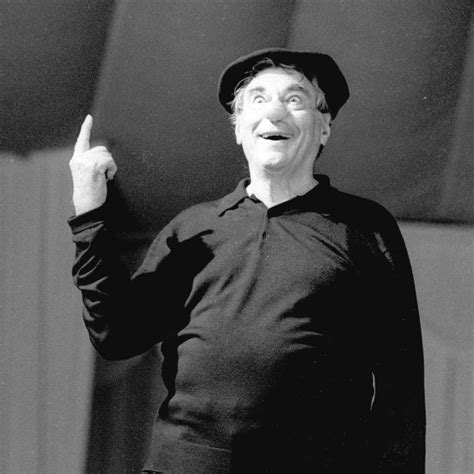A Quote by Ali ibn Abi Talib
Always consider your intellect to be lacking; otherwise too much faith in it surely leads to error.
Related Quotes
We don't always possess faith in the sense of having a clear embodiment of something to hang on to. The relationship between the intellect and faith is a very curious one. Sometimes the intellect can point us to faith, sometimes the intellect can stand in the way of faith. Sometimes, as St John of the Cross points out, we have to darken or blind the intellect in order to have faith.
As soon as we ask what faith is and what sort of mistreatment of faith causes doubt, we are led to the first major misconception about doubt-the idea that doubt is always wrong because it is the opposite of faith and the same thing as unbelief. What this error leads to is a view of faith that is unrealistic and a view of doubt that is unfair.
For me, the intellect is always the guide but not the goal of the performance. Three things have to be coordinated, and not one must stick out. Not too much intellect because it can become scholastic. Not too much heart because it can become schmaltz. Not too much technique because you become a mechanic.
Fatigue can make it hard to have faith. Too much busyness can make it hard to have faith. Too much of too little solitude can impact faith. For that matter, so can a bout of hunger or overwork, anything carried to an extreme. Faith thrives on routine. Look at any monastery and you will see that. Faith keeps on keeping on.
Wisdom is nothing more than the marriage of intelligence and compassion. And, as with all good unions, it takes much experience and time to reach its widest potential. Have you introduced your intellect to your compassion yet? Be careful; lately, intellect has taken to eating in front of the TV and compassion has taken in too many cats.




































